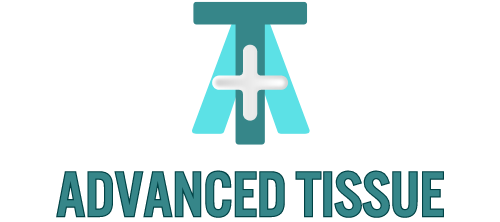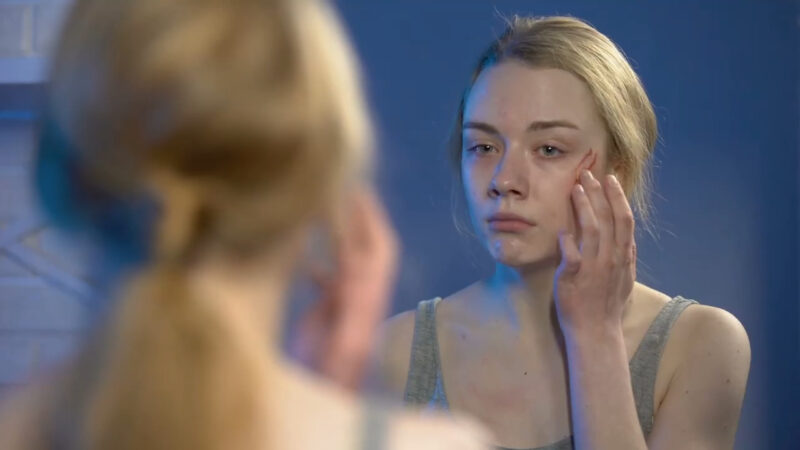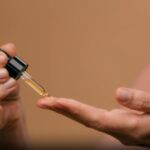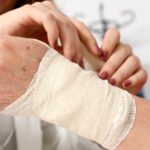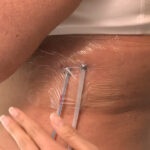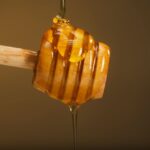When you experience a wound on your body, whether it’s from injury, surgery or another cause, the body immediately begins the wound healing process. During recovery, it’s important to be attentive of how your wound looks, smells and feels to keep an eye out for infection or other complications.
One thing that often alarms people is itching. However, in most cases, some itching at the affected area is normal. It has yet to be agreed upon by the medical community precisely what causes this irritation, but these are the two common explanations:
Histamine: The Natural Itch-Inducer
Many believe the body naturally releases histamine in response to physical trauma and the introduction of potentially harmful bacteria into the system. As a natural itch-inducer, this histamine causes the affected area to become irritated through an allergic reaction. This substance is essential for wound healing, as it triggers cellular movement that helps develop new tissue and close the wound.
The Role of Nerve Cells in Wound Itching

According to The Naked Scientists, a BBC program run by researchers and physicians at Cambridge University, histamine may the culprit behind the itch. This theory says that here are nerve fibers in the skin specifically for making the body feel the sensation of its. During the proliferation stage, when the cells are flowing to the base of the wound and pulling the skin tighter inward, these nerve cells become stimulated.
“A wound that’s closing up will feel itchy for mechanical and chemical reasons which are precisely the reasons why those nerve cells get stimulated in the first place,” The Naked Scientists explained.
While itching is a normal part of wound healing, scratching the affected area should be avoided. Additionally, if the itching is accompanied by soreness, redness or discharge, you may want to see a clinician.
The Proliferation Stage: Cellular Movement
During the proliferation stage of wound healing, the body’s cellular machinery kicks into high gear. This stage is crucial for the repair process, where cells multiply and spread beneath the skin to close the wound. It’s in this phase that itching often becomes most pronounced. As the cells migrate and divide, they pull the edges of the wound together, stimulating the skin and underlying tissues. This mechanical stimulation is one of the key factors contributing to the itchy sensation commonly experienced during this stage.
Insights from The Naked Scientists: Mechanical and Chemical Reasons for Itching
The Naked Scientists, a group of researchers and physicians affiliated with Cambridge University and featured on the BBC, offer further insights into the reasons behind wound itching. They suggest that both mechanical and chemical factors are at play. As the wound heals, the skin tightens and stretches, which mechanically stimulates nerve endings.
Additionally, chemical signals, like the release of histamine, further contribute to the sensation of itching. These combined factors explain why a healing wound can feel so itchy.
When to Be Concerned: Itching vs. Infection Signs
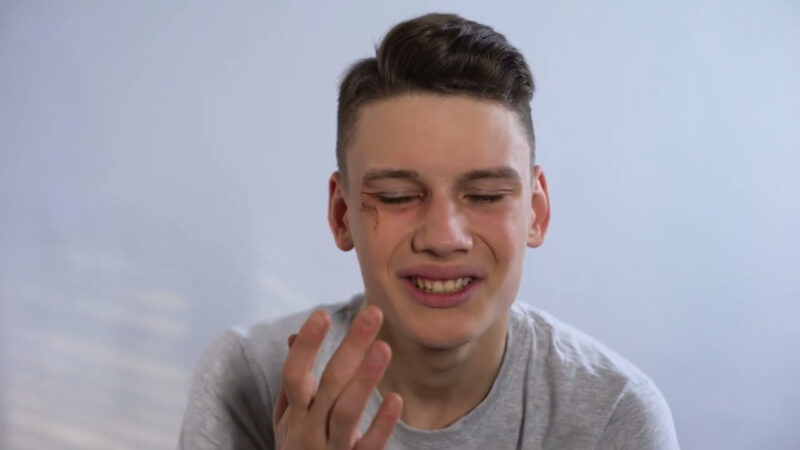
While itching is a normal part of the healing process, it’s important to know when it might signal something more serious. Normal itching tends to be mild and intermittent. However, if you notice that the itching becomes constant, severe, or is accompanied by symptoms like increased redness, swelling, warmth, or discharge, these could be signs of an infection. In such cases, it’s crucial to consult a healthcare professional for proper diagnosis and treatment.
Managing Itchiness During Wound Healing
Dealing with itchiness during wound healing can be challenging, but there are ways to manage it without disrupting the healing process. First and foremost, resist the urge to scratch. Scratching can reopen the wound and introduce bacteria. Instead, gently patting the area or applying a cool compress can provide relief. Over-the-counter antihistamines may also help in reducing itching. Always keep the wound clean and follow your doctor’s advice on wound care.
FAQ
Can diet or nutrition affect wound healing and itching?
Yes, a balanced diet rich in vitamins and minerals, especially Vitamin C, zinc, and protein, can promote wound healing and potentially influence itching.
Are there any natural remedies to alleviate itching during wound healing?
Natural remedies like aloe vera, coconut oil, and oatmeal baths can soothe itching. However, it’s important to consult a healthcare professional before applying anything to the wound.
How long does the itching phase usually last during wound healing?
Itching typically occurs during the proliferation and remodeling phases of wound healing, lasting from a few days to a couple of weeks, depending on the wound’s severity and the individual’s healing process.
Can certain medications affect wound healing and itching?
Some medications, like corticosteroids and certain pain relievers, can affect wound healing and itching. Always discuss your medications with your healthcare provider regarding their impact on wound healing.
Is it normal for a scar to itch after the wound has healed?
Yes, as scars form and mature, they can itch. This is usually a normal part of the healing process but consult a healthcare professional if the itching is severe or persistent.
Can stress impact the healing of wounds and the itching sensation?
Stress can negatively impact wound healing and might exacerbate itching due to its effects on the immune system and inflammatory responses.
Are there different types of itchiness associated with different kinds of wounds?
Yes, the type and intensity of itchiness can vary depending on the wound type, location, and individual factors like skin sensitivity and underlying health conditions.
Conclusion
In conclusion, while itching can be an annoyance during wound healing, it’s a natural and even positive sign that your body is actively repairing itself. Understanding the reasons behind this sensation and knowing how to manage it effectively can make the healing process more comfortable. Remember, if you have any concerns or unusual symptoms, don’t hesitate to seek medical advice.
